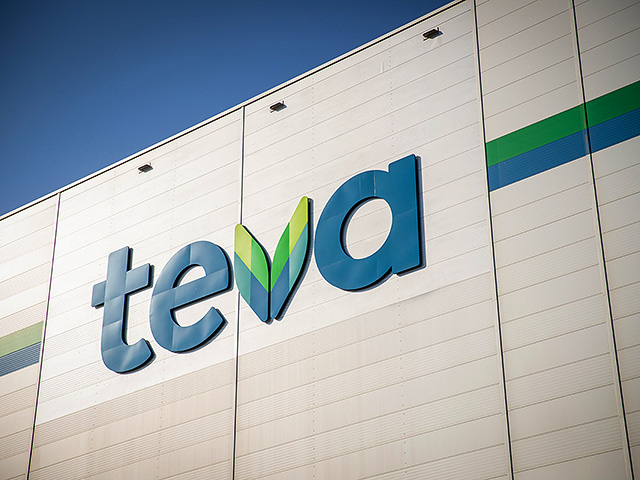The pharmaceutical company Teva actively targeted competitors producing generic versions of the multiple sclerosis drug Copaxone in Europe, according to an investigation by the European Commission. Copaxone is one of Teva’s flagship drugs, but its patent has expired, and the company began to play foul to maintain its leading position.
According to the economic publication Bizportal, Teva was fined an unprecedented amount of 462.6 million euros (more than $500 million) for violations of antitrust laws.
In particular, it was revealed that taking advantage of its dominant position in the market for the drug Copaxone, Teva conducted a smear campaign against its only competitor, Synthon, which received permission to sell a similar generic drug in the European Union. Teva disseminated information about the dangers of this drug that contradicted the findings of European health authorities in order to undermine the confidence of doctors and regulators and force them to choose Teva’s drug.
In parallel, Teva filed numerous patent applications related to the lead drug, and when those patents were challenged, Teva withdrew the applications. This procedure forced competing companies into legal battles for several years, which delayed the introduction of their drugs to the market and allowed Teva not to reduce prices.
Due to the delay in bringing generic drugs to market, Teva avoided an expected 80% cut in the price of Copaxone, harming people’s access to reasonably priced treatments.
Teva stated that it does not agree with the European Commission’s decision and will challenge it by filing an appeal.
